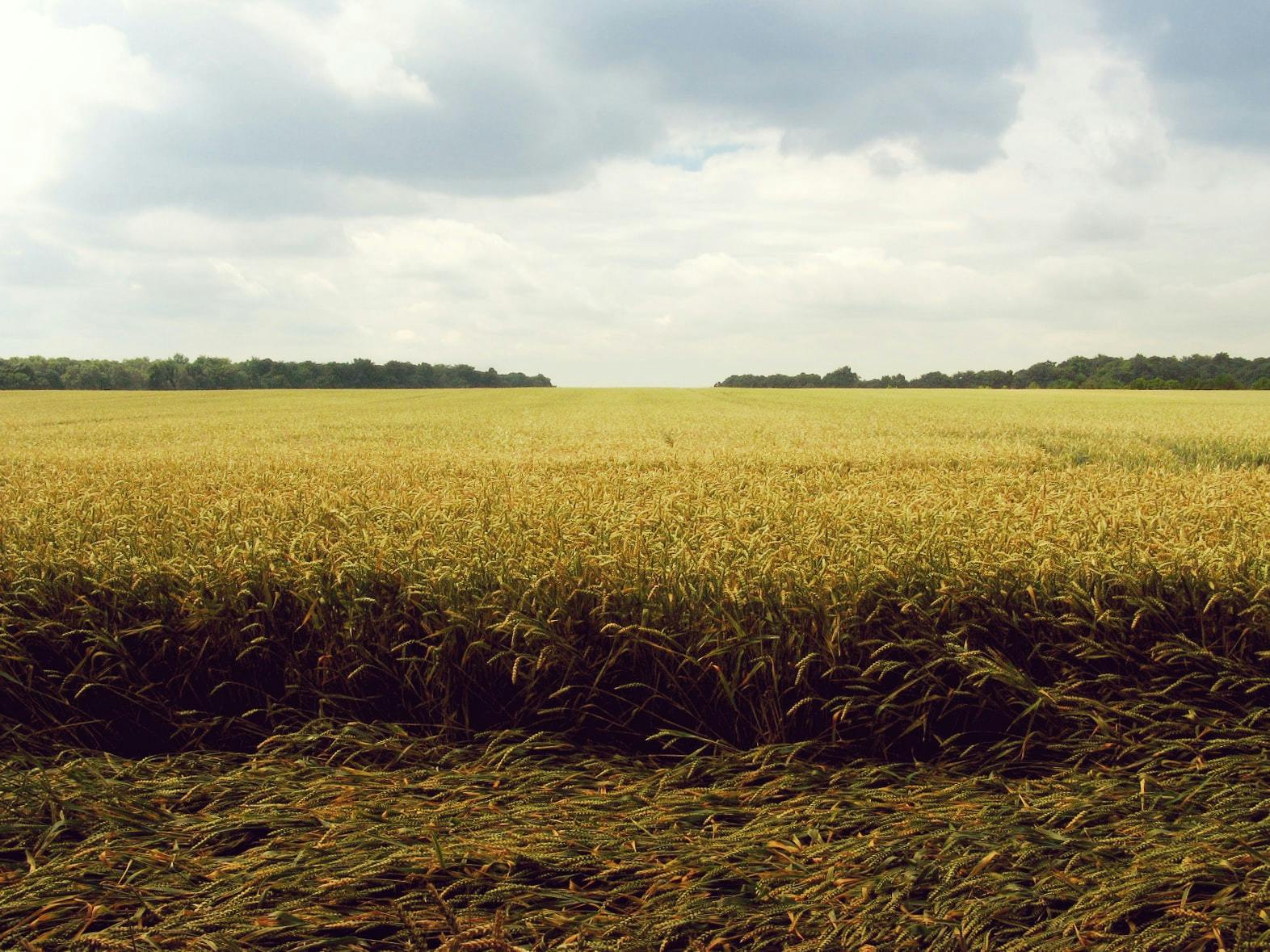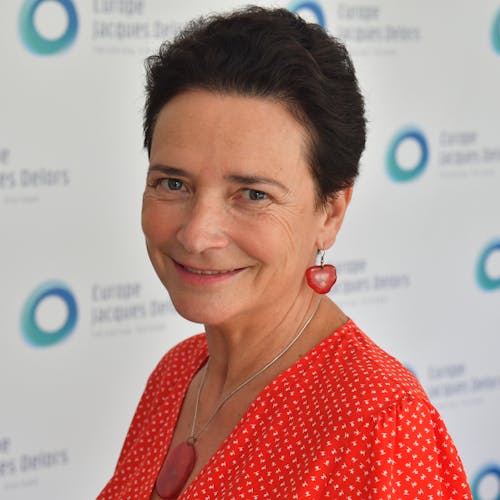War in Ukraine: from agri-food policy to a new architecture for Europe
Dear readers,
Two celebrations took place on the 9th May, and as both Geneviève Pons and Pascal Lamy underlined in their respective comments, they never had so much significance: in Moscow, armed aggression and military power were celebrated in a perverted memory of the Second World War; in Strasbourg, liberal democracy and the absolute necessity to safeguard and regenerate it were reaffirmed to honor the commitment to long lasting peace of the European Union’s founding fathers.
We welcome the European political community floated by Emmanuel Macron in his speech to the European Parliament in Strasbourg. The war in Ukraine calls for a deeper reflection on European architecture. The accession process is much too long to offer a proper answer to the urgent necessity to support Ukraine and other neighboring countries aspiring to democracy. As advocated a few days before by the President of our Paris sister institute, Institu Jacques Delors, Enrico Letta, the EU should therefore invent a broader structure open to European nations sharing our values.
Two and a half months after Russia started its invasion of Ukraine, the consequences – humanitarian, economic, political and geopolitical - are not only dramatic and long lasting for the Ukrainian people and all other Europeans; they have started to shake international relations in ways that many may not have expected. Energy and food trade, the security of maritime transport, diplomatic alliances, international institutions: most of the traditional channels of international cooperation are deeply impacted by Russia’s unilateral act of violence.
Within the European Union (EU), the dynamic recovery from the Covid-19 pandemic has been overshadowed by new concerns about energy security, increasing prices, looming inflation, disruptions of value chains. In this turn of wind, the future of the European Green Deal is even, sometimes, put into question, notably as concerns agri-food policy.
We have already underlined the serious implications the war in Ukraine has for agri-food supply. We need to act to safeguard food security in the short term. But we also need to improve the sustainability and resilience of agri-food production. This is addressed in our latest policy brief, where we provide recommendations for the EU’s response to the crisis (see also publication section below).
The current situation clearly underlines the linkages of the European agri-food system with global supply chains. We need to ensure that the import of agricultural and food products do not undermine the sustainability objectives set forth in the European Green Deal. In another recent policy paper, we analyse the EU’s scope under international trade law to impose unilaterally, through so-called “mirror measures”, sustainability requirements on agricultural and food imports into the EU (see publication section below).
Mirror measures are only one piece in the broader reflection on an adequate agri-food trade model for the EU. Another possible track of action is to require companies to guarantee certain sustainability standards through their supply chains when they import commodities or parts of their production from third countries. Europe Jacques Delors will continue to follow and contribute to the important debates surrounding these subjects.
Geneviève Pons and the EJD team


